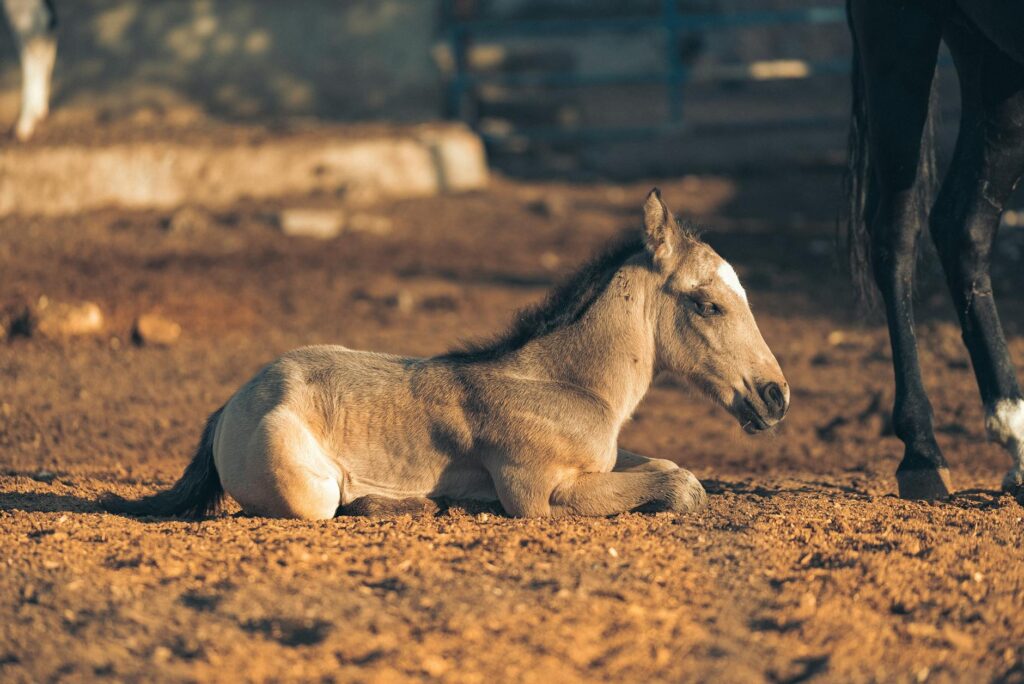The World’s Changing Faith Map: What You Need to Know (2010-2020)
Let’s Talk About the Big Picture
So, Pew Research just dropped their latest report on global religion trends, and wow—some of these numbers really make you think. The headline? Muslims are growing faster than any other group worldwide. But here’s the kicker: Christians still hold the top spot, even though their numbers are slipping in places like Europe. And Hindus? Well, they’re holding steady, mostly in India. These shifts aren’t just stats—they’re reshaping everything from politics to daily life, especially in tricky spots like Israel.
Breaking Down the Numbers
Muslim Growth: Why It’s Happening
Between 2010 and 2020, the Muslim population shot up like crazy compared to other groups. And it’s not hard to see why—younger communities, bigger families, you know the drill. They’re still not the majority globally, but at this rate? Give it a few decades. The thing is, growth isn’t just about religion—it’s about age, economics, and where people live.
Christians: Still #1, But…
Here’s the weird part: Christianity’s still the biggest faith worldwide, but it’s losing steam in the West. Europe and North America? Churches are emptier, babies are fewer. But hop over to sub-Saharan Africa, and it’s a different story—modest growth there. It’s like watching two trains going opposite directions at the same time.
Hindus: The Steady Ones
Hindus mostly stayed put—literally. Unlike Muslims and Christians, they haven’t spread much beyond India and a few other spots. Low emigration, steady birth rates… you could call them the anchors of the religious world. Not flashy, but reliable.
Why This All Matters
Power Shifts Ahead
Let me put it this way: when populations change, so does influence. Countries with booming Muslim populations might start calling more shots internationally. Meanwhile, traditionally Christian nations? They’re dealing with aging citizens and empty pews. It’s like watching a slow-motion game of musical chairs with global power.
Money, Politics, and the Future
More young people can mean more workers—and more strain on resources. Honestly, I’m not entirely sure how this plays out, but my gut says we’ll see new alliances forming. Nations with growing Muslim populations will want a bigger seat at the table, no question.
Israel’s Tightrope Walk
The Muslim Factor Next Door
Israel’s always been a demographic pressure cooker. Now imagine that with regional Muslim populations growing faster? Security policies, peace talks—everything gets more complicated. A real game-changer. Seriously.
The Smaller Communities
Israel’s tiny Hindu and Christian groups? They’re stable for now. But in a region where every percentage point counts, their role in keeping the peace might get bigger. Dialogue between these groups could be the glue holding things together.
Looking Down the Road
2040 Vision
If things keep going like this, Muslims could outnumber Christians by mid-century. Africa and South Asia will see the biggest changes—Europe? Probably way more diverse than your grandparents remember. The world your kids inherit will look very different.
Challenges—And Maybe Hope
Governments need to get smart about this now—better schools, hospitals, and yes, interfaith programs. But here’s the thing: change isn’t always bad. Done right, this could mean more cultural exchange, new ideas mixing together. The key is not to fear the shift, but to shape it.
Wrapping Up
The Pew report isn’t just numbers—it’s a snapshot of a world that won’t sit still. For Israel and everywhere else, these trends are like weather patterns: you can’t stop them, but you can prepare. Staying alert, staying flexible—that’s how we’ll navigate what’s coming. Because ready or not, change is here.
Source: Navbharat Times – Default

